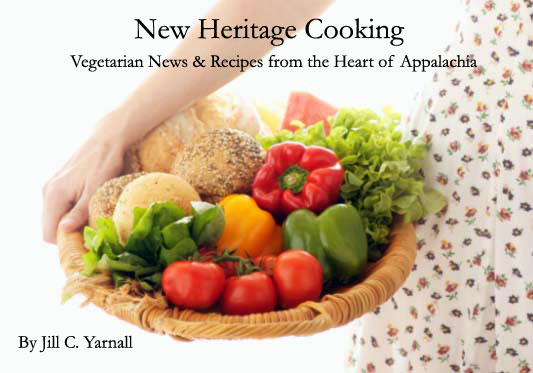 By Veggie Hero Lorena Mucke
By Veggie Hero Lorena MuckeAtlanta, Georgia
As a Christian, I feel we are called to be good stewards of God’s Creation and God’s animals are an important part of it. With their incredible diversity in appearance, behavior, and habitat they reflect God’s infinite creativity and love for them. We learn about God’s love for all creatures in the Bible, where God’s concern for animals is very evident. God forbids cruelty to animals, made a covenant with animals as well as humans, all creatures share in the Sabbath rest and the Bible even describes animals praising God and present in eternity. I believe that vegetarianism is a biblical ideal, given the completely vegetarian Garden of Eden and the Isaiah prophecy of a vegetarian world at the end of time. Jesus even described himself as the Lamb of God and referred to the love of a hen for her chicks as an analogy to describe his love for the Church.
Sadly, God’s animals are largely abused in today’s society. More than 95% of farmed animals live in factory farms, in which they are unnecessarily subjected to extensive pain, suffering and fear, and who are also denied of their God-given rights and instincts. However, with the indiscriminate exploitation of animals we bring misery to humanity as well. The typical meat-based diet in America, contributes to the national rates of heart disease, strokes, kidney disease, certain cancers, and to the 15% obesity rate in children and 30% in adults. Food poisoning from eating animal-based products is very common. Industrial agriculture contributes substantially to pesticide use and water pollution, as well as to depletion of land, water, and fossil fuel resources.
We are made in God’s image of love and we are called to reflect His love onto all Creation. A love for all creatures implies respect and reverence for their lives, and raising animals for food does not reflect love, respect or reverence. We are blessed with a tremendous variety of plant-based foods and most of us can live a fulfilling life without consuming animal products. A plant-based diet helps us to participate actively in the reconciliation of God’s Creation and to put Christ’s teachings of love, compassion and mercy into practice. By transitioning to a vegetarian diet, we are being good stewards of our bodies, animals and the environment.
When I sit down for a meal, and ask God to bless the food, I feel at peace in my heart knowing that no animals had to suffer or die for it. Becoming a vegetarian and later a vegan has helped me deepen the sense of justice, compassion and respect that I feel for all creatures, especially for all those who are brutalized in today’s factory farms for the sake of profit and taste. The Christian Vegetarian Association website beautifully summarizes it: “A vegetarian diet can be a powerful and faith-strengthening witness to Christ's love, compassion, and peace, and most importantly shows the world that plant-based diets represent good, responsible Christian stewardship for all God's Creation.”
-- Lorena Mucke is a wife, mother and event coordinator and newsletter editor of the Christian Vegetarian Association. In addition, she runs a Humane Education Program in Atlanta, Georgia, called The Ethical Choices Program. Through this program, Lorena visits high schools and summer camps giving presentations regarding the issues surrounding modern agriculture.






